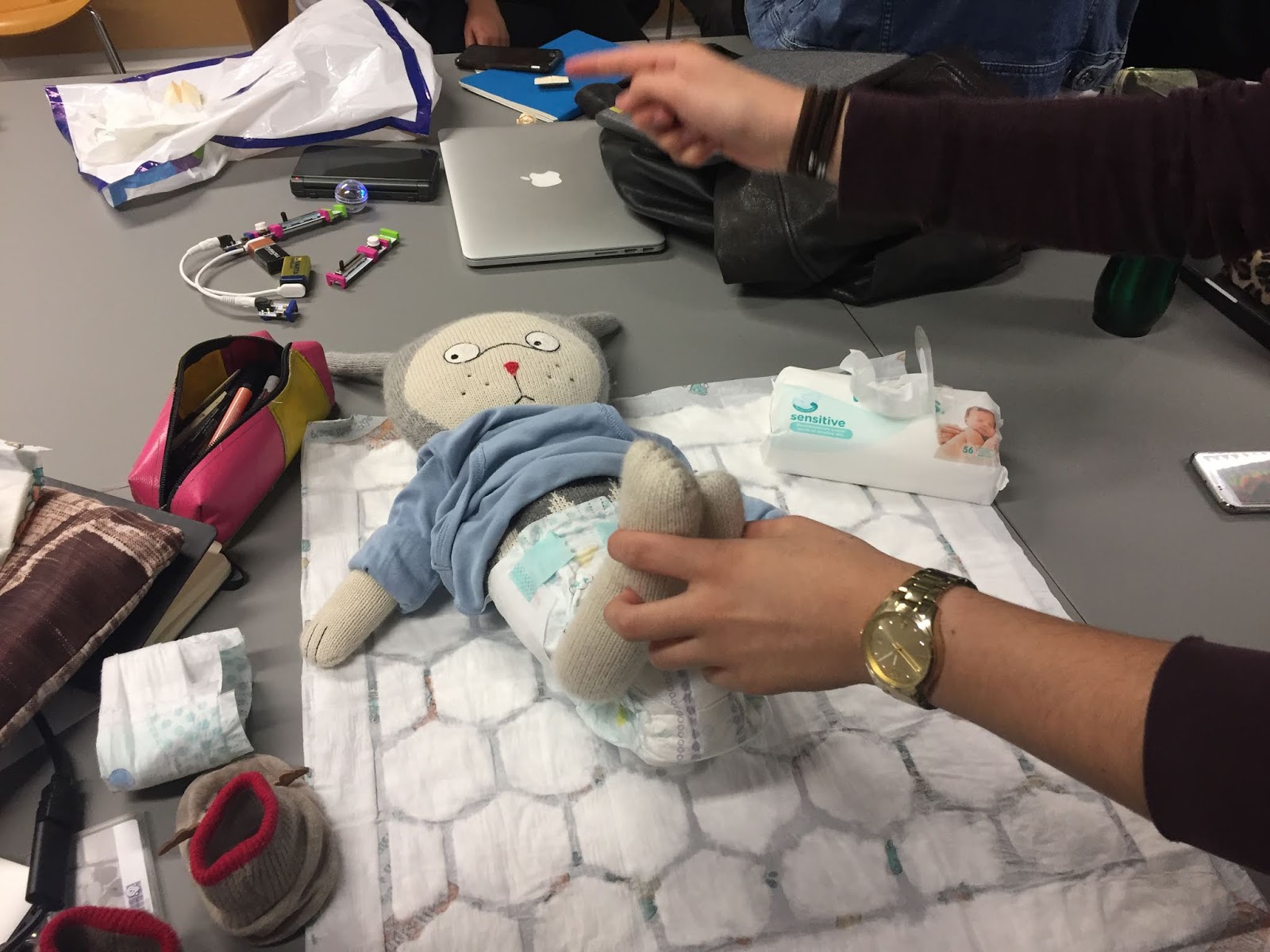How to evaluate effectively Evaluation is a process where experience and what has been done is combined. It allows us to learn from mistakes and analyse future methods to avoid them. These learnings are especially important for future projects. An evaluation is made up from three phases: 1. Conception phase : During this period, a large amount of data is collected as detailed as possible. All participants should understand what their task and what the quality of the data should be. Having someone in charge can help the process. All of these insures a qualitative and efficient evaluation. Before starting any project, defining the data in advance ensures a more efficient evaluation. 2. Design phase : Appearance and functionality is the main focus during this phase - methods such as prototyping, user testing, experimentation are commonly used. Throughout the design phase, evaluation is crucial so that designers can continuously reflect and a...
